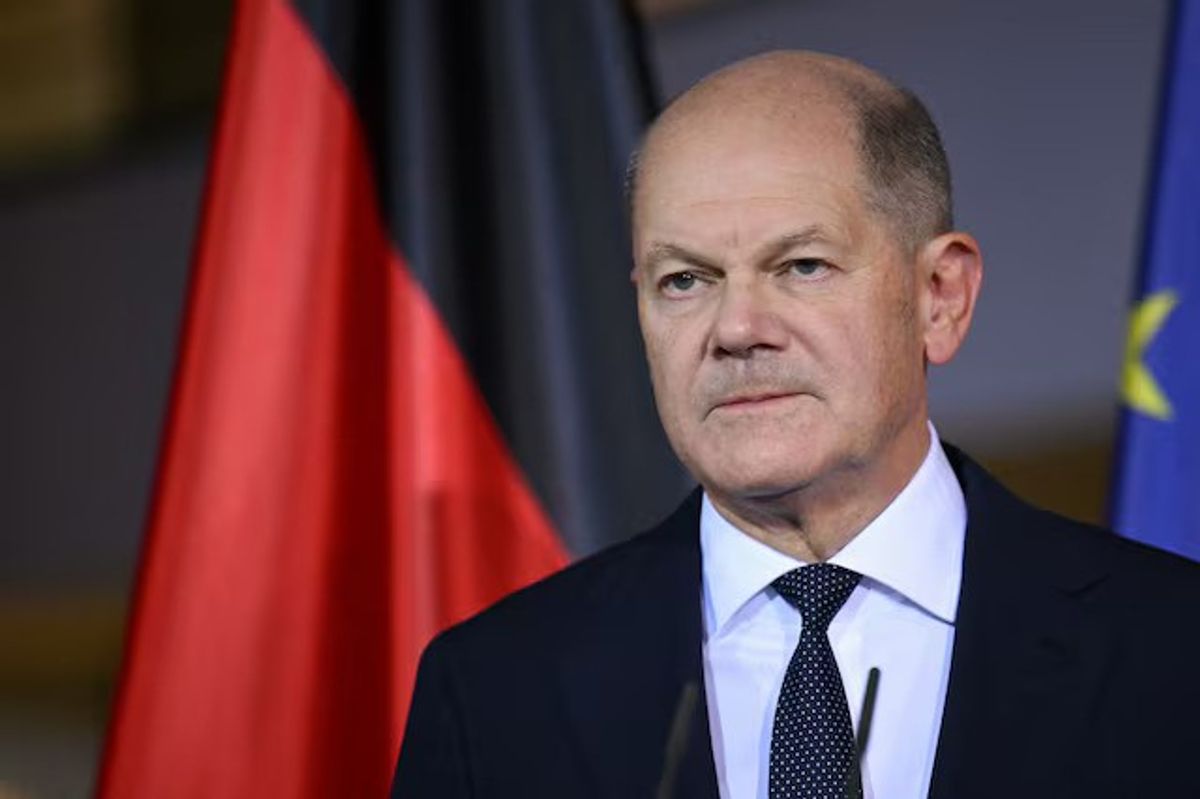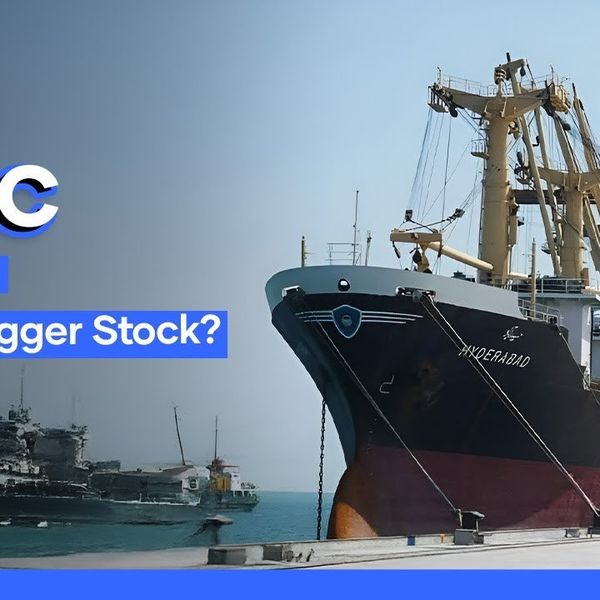German opposition demands confidence vote next week
CDU's Friedrich Merz calls for earlier confidence vote to pave the way for elections in January
AFP
News Agency Partner
AFP is a renowned international news agency, delivering comprehensive and reliable reporting on global events, trends, and issues.

German Chancellor Olaf Scholz attends a media briefing at the Chancellery after sacking Finance Minister Christian Lindner following a meeting with the heads of the so-called "Traffic Light Coalition" of the Social Democratic Party (SPD), the Greens and Lindner's Free Democratic Party (FDP), in Berlin, Germany, November 6, 2024.
Reuters
Germany's conservative opposition urged Chancellor Olaf Scholz's crisis-hit government on Thursday to seek a confidence vote next week, not next year as he has offered.
Speaking after a meeting of his parliamentary group, CDU chairman Friedrich Merz said Scholz's three-party coalition with the Greens and the Free Democrats (FDP) had "failed".
After months of bitter infighting, Scholz's fractious three-way coalition finally broke apart on Wednesday night after the chancellor sacked his finance minister Christian Lindner from the FDP.
The shock move leaves the chancellor's SPD and the Greens ruling in a precarious minority government at a time when Germany is facing multiple domestic and international crises.
Scholz said he would seek a vote of confidence by January 15 so lawmakers can decide whether to call early elections by March -- about half a year ahead of a previously scheduled September vote.
But Merz, who was due to hold talks with Scholz later on Thursday, called for an earlier confidence vote to pave the way for elections as early as January.
"The decision taken last night... is the end of the coalition government and thus the end of this legislative period," he said.
The turmoil leaves Germany facing a period of huge political uncertainty as it grapples with economic woes at home, the conflicts in Ukraine and the Middle East, and the looming return of Donald Trump to the White House.
Scholz has already tapped Joerg Kukies, a member of his SPD and a close ally, to be his new finance minister, government sources told AFP on Thursday.
FDP Transport Minister Volker Wissing meanwhile said he would leave the party and stay in government.
"I want to stay true to myself," Wissing said, explaining why he was not joining other FDP cabinet ministers who have quit Scholz's ruling coalition.
The FDP, the smallest party in the coalition, had long disagreed with the SPD and the Greens on a range of issues, most strikingly how to carve up a tight budget and jumpstart the troubled German economy.










Comments
See what people are discussing